When the World Comes Home
How Experiential Learning Enriches Local Communities
In the quiet corners of Kerala’s villages—where the days are shaped by seasons, fields, and shared meals—something quietly powerful is happening. For a few weeks each year, homes here open their doors to undergraduate students from Europe through Ekathra’s Experiential Learning Programme. And while the spotlight often shines on how transformative this is for the students, there’s another story unfolding—one that belongs to the local community.
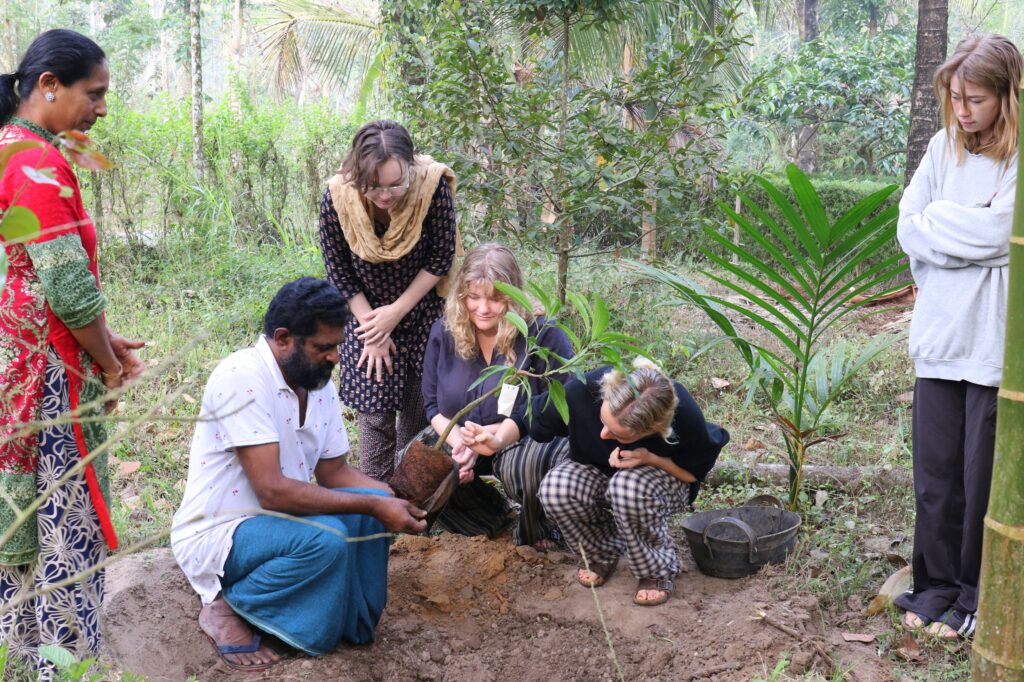
Because when a student from another country lives with a host family, the learning doesn’t flow just one way. It becomes a two-way river—carrying stories, ideas, questions, and inspirations that ripple across generations.
Yes, the programme brings financial benefits. Local homestays earn an income for their hospitality. Community members trained as guides, interpreters, cooks, or transport providers find consistent and dignified livelihood opportunities. Experts from various fields are invited to share their knowledge—adding both value and visibility to their work. But beyond the economy, it is the exchange of values, worldviews, and human warmth that leaves the most lasting impact.
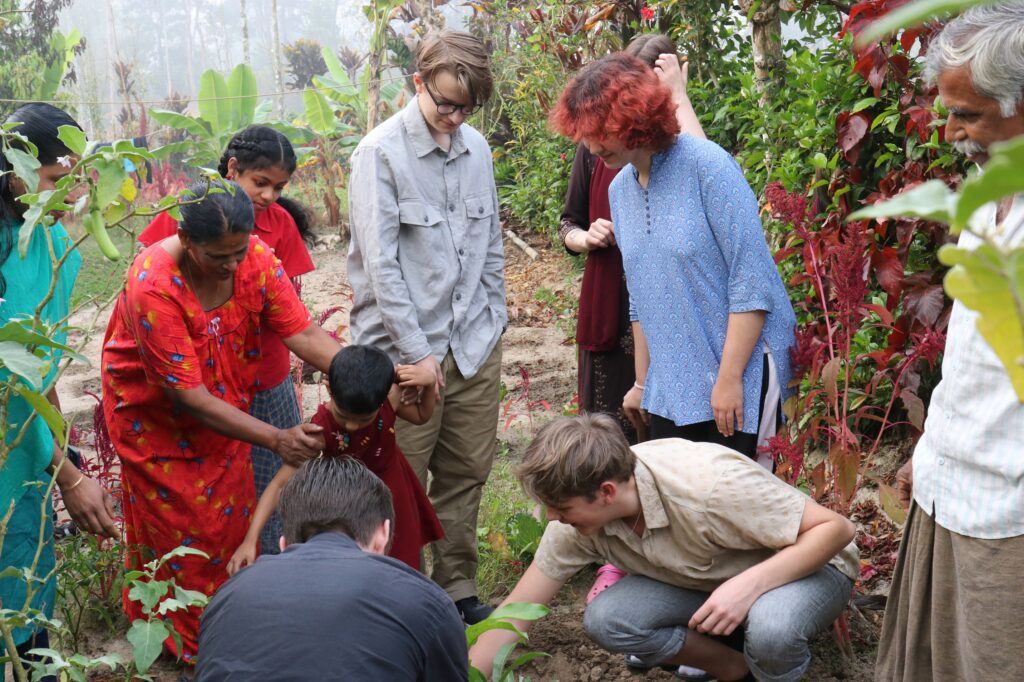
In many homestays, the children of the household often become unexpected learners. Watching a guest read quietly on the veranda or talk about their life back in Europe plants seeds. Children hear new languages, new dreams. They begin asking questions—about countries they’ve never heard of, about careers they never imagined, about how different life can be and yet, how similar people are. These moments are not part of any curriculum, but they are powerful.
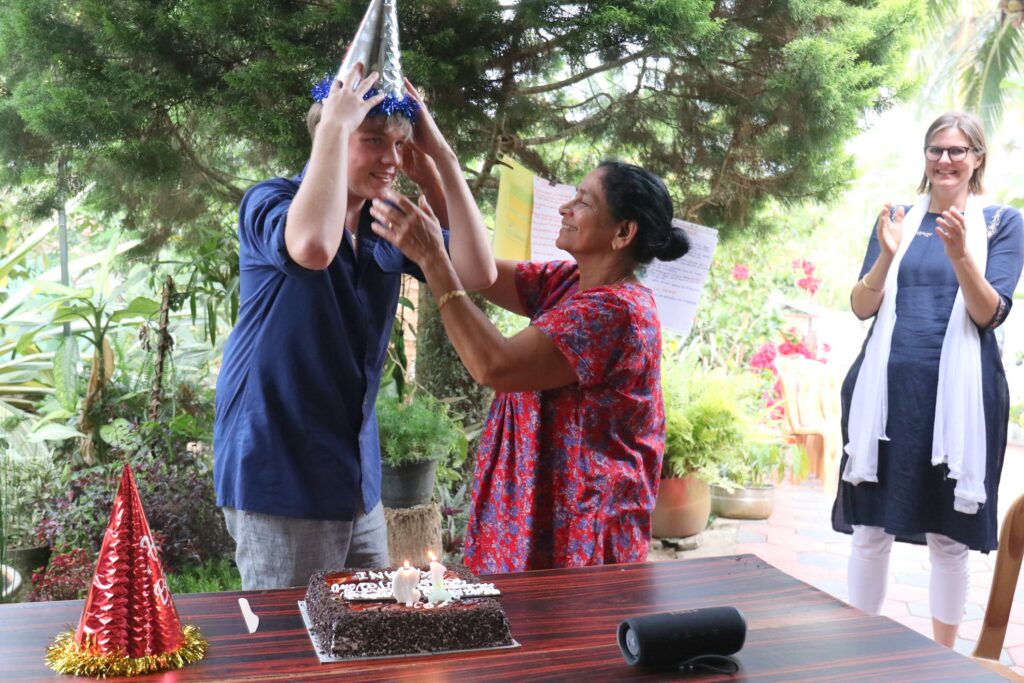
For the youth in the village—especially those who act as facilitators, translators, or support hands—this exposure is eye-opening. In conversations with students, they learn not just about European lifestyles, but about academic programmes, career paths, and soft skills. Many have told us how these experiences helped them gain confidence for job interviews or academic entrance tests. For some, it shaped their attitude towards education entirely—moving from “finishing school” to “pursuing purpose.”
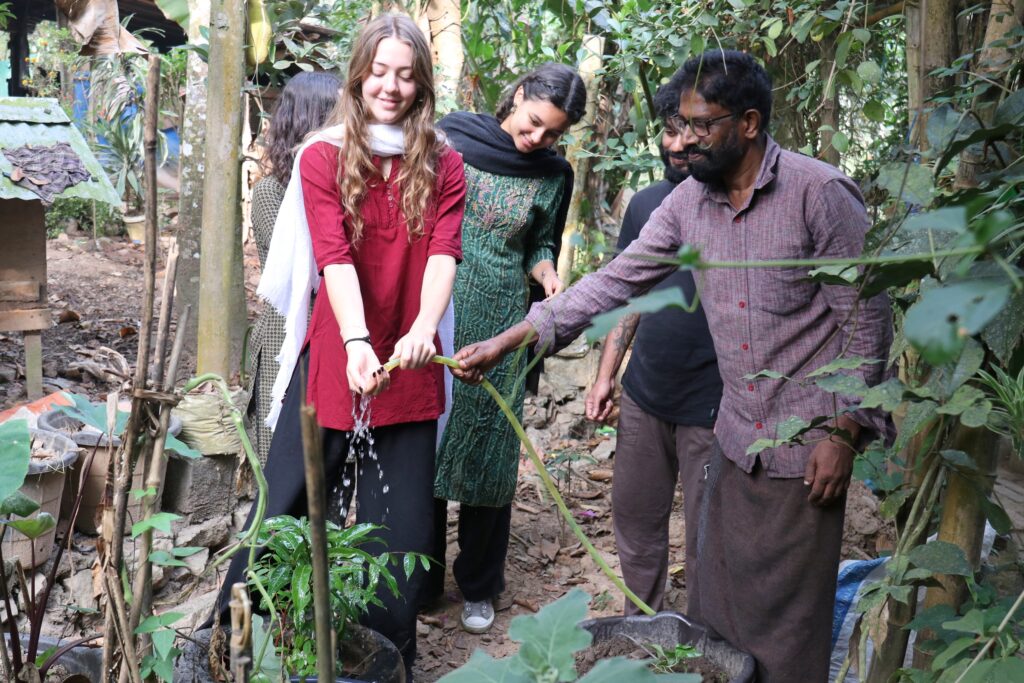
There is also a subtle, yet significant shift in how local communities view themselves. Often, it is the foreign guest who reminds the host family of the uniqueness of their own culture—the wisdom in their farming methods, the richness of their rituals, or the taste of their home-cooked meals. This shared appreciation strengthens local pride, especially in younger generations who may have begun to distance themselves from traditional ways.
We’ve seen a mother in a homestay start separating her household waste more carefully after watching a student’s routine. We’ve seen a school-going child begin to journal every day because they saw a guest doing it. Hosts have picked up new recipes, household organisation tips, and even ideas about gender equality and shared domestic roles—all through quiet, respectful observation.
The conversations go deeper too. Discussions about environmental conservation, resource use, and waste reduction often spark during walks through the fields or casual chats over dinner. One elderly farmer was moved by a student’s curiosity about forest preservation and started keeping track of the native trees in his land. A local women’s collective was inspired by a visiting student who spoke about sustainable menstruation practices in her country. These aren’t lectures. They are lived conversations—humble, honest, and transformative.
Crucially, this programme gives local youth something that many rural children struggle to access—global exposure without leaving home. When the world comes into your courtyard, when you share jokes, ideas, and dreams with someone from another culture, something shifts inside you. Confidence grows. Curiosity deepens. Aspirations expand.
This exposure has even helped a few young members from host families pursue higher education abroad—encouraged by the students they once hosted, informed by the discussions they had during those summer weeks, and supported by the bridges built during those days of shared living.
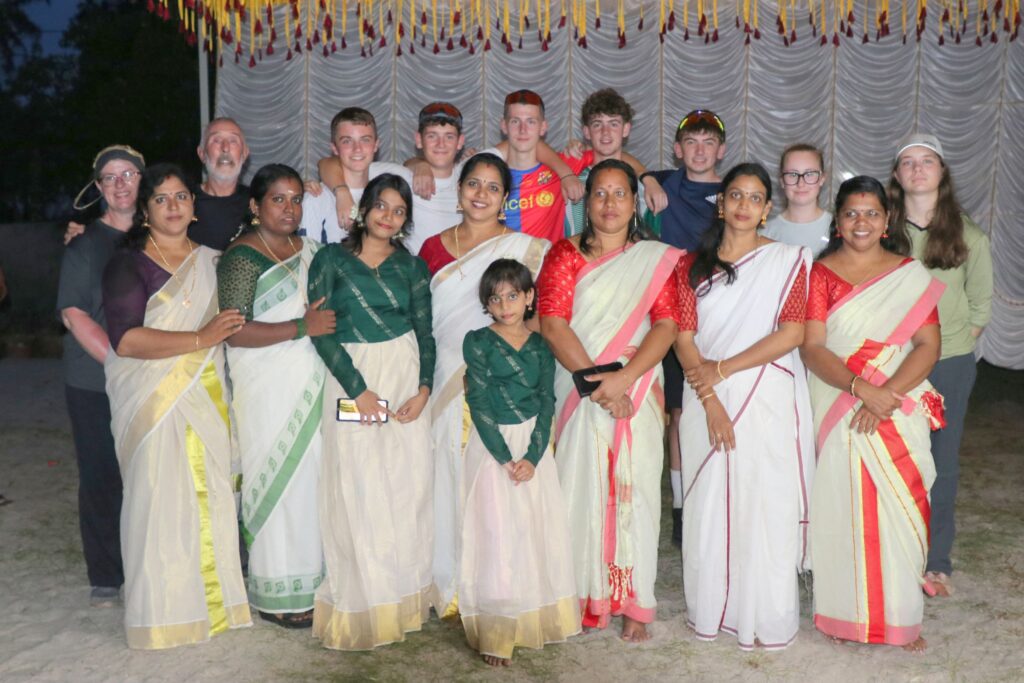
At Ekathra, we’ve always believed that real development happens when communities grow with each other, not at the expense of each other. These learning programmes are a step in that direction—where knowledge is not owned, but exchanged; where hospitality becomes education; and where friendship becomes the foundation for a more thoughtful world.
When a student from abroad finds a home in a Kerala village, it’s not just their mind that expands. The entire community learns to see itself anew—through fresh eyes, new questions, and unexpected friendships. And that, perhaps, is the most beautiful kind of learning.